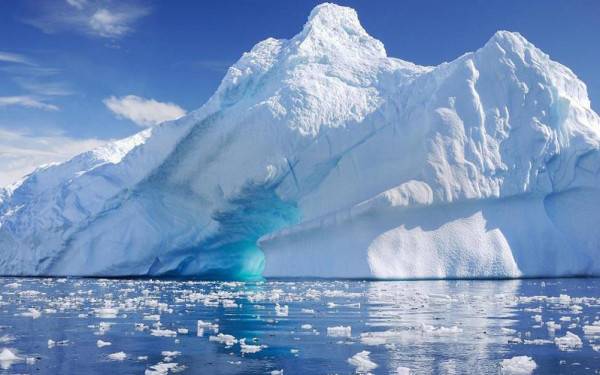

The frozen coastline of the Canadian Arctic island, Herschel, is eroding at up to a meter a day, as a warming climate leads to longer summers, a newly international research found.
The research team included university researchers, government scientists, and local park rangers from England, Germany, Netherlands, the United States and Canada, along with community members who live and work in the Arctic.
Study’s co-author and geoscientist at the University of Edinburgh, Isla Myers-Smith, told Canadian CTVnews said that the rate of erosion was more than six times the historical average for the area.
"The team flew drone-mounted cameras to survey the tundra coast of Herschel Island off the Yukon coast in the Canadian Arctic," Smith added about the unoccupied but historically significant island of about 116 square kilometres.
The researchers determined that summer storms are sweeping away coastal permafrost at a higher rate because it is being exposed for longer periods. Sea ice melts earlier and re-forms around the island later than it used to due to climate change.
Researchers mapped the area seven times over 40 days in the summer of 2017 and built computer models based on drone photos. They showed that the coast had retreated by an astounding 14.5 meters during the period, sometimes as much as a metre a day.